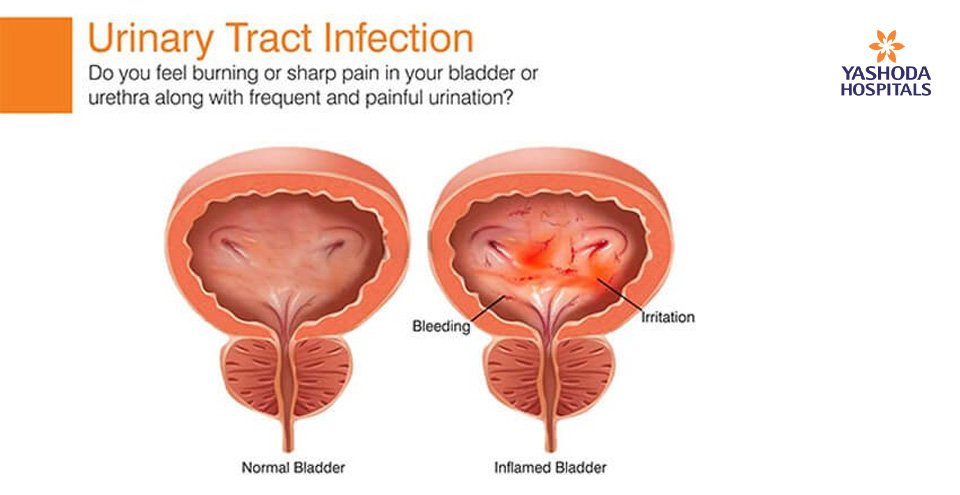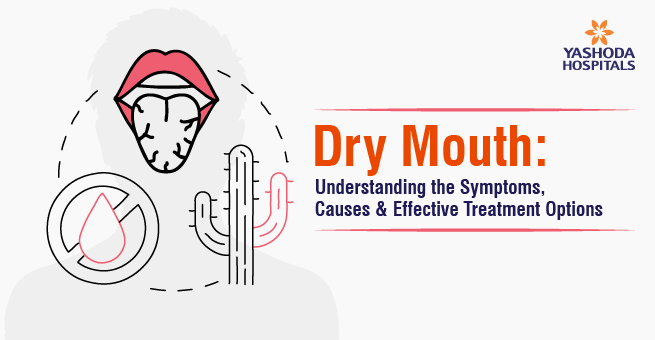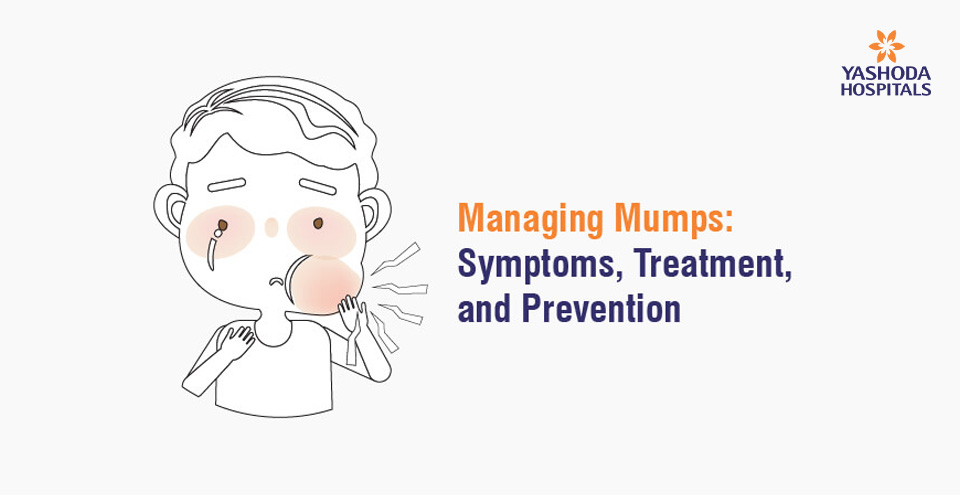Do you feel burning or sharp pain in your bladder or urethra?

Painful urination or frequent urination may be a sign of urinary tract infections. A urinary tract infection is caused by the microorganisms, mostly bacteria and is commonly seen more in women.
Urinary tract infections (UTI) may affect any part of the urinary system. It includes kidneys, ureters, bladder and urethra. When UTI affects the lower urinary tract it is known as cystitis. However, most of the urinary tract infections involve the bladder and urethra only. It is found that women are more prone to urinary tract infections than men. Treatment at the early stage of the infection is helpful if neglected the infection may spread to kidneys and prove to turn complicated. Urinary tract infections are treated with antibiotics, but prevention is considered as preceding all treatments.
CAUSES
Urinary tract infections occur when bacteria enters the urinary tract through the urethra. When the infection spreads to the bladder it is called cystitis, and when it spreads to urethra it is called as urethritis. Sexual intercourse with multiple partners as well as sexually transmitted diseases may cause urinary tract infections.
SYMPTOMS
Patients with urinary tract infections experience strong and persistent urge to urinate. There is a severe burning sensation when urinating. The color of the urine may turn red, bright pink or cola colored, which confirms the presence of blood in urine. However, the symptoms may differ with the type urinary tract infection. Of kidneys, the symptoms include fever, nausea and vomiting, shaking and chills, upper back and side (flank) pain. Of Bladder, the symptoms include pelvic pressure, discomfort in the abdomen, frequent urination and blood in urine. Of urethra, the symptoms are evident as burning sensation during urination.
Did you know that frequent urination can be a sign of a urinary tract infection?
RISK FACTORS AND COMPLICATIONS
The risk of urinary tract infections is always there in women with shorter urethra, which helps the bacteria to reach the bladder, easily. Women who are sexually active, having multiple partners and using spermicidal agents are also at the risk of urinary tract infections. With estrogen decline in the postmenopause stage, women become greatly vulnerable to urinary tract infections.
The complications of urinary tract infections are evident as their occurrence again and again in some men and women. In the advanced stage, urinary tract infection may cause severe damage to the kidneys. In pregnant women, urinary tract infections may lead to birth of low weight and premature infants. Urinary tract infections may also lead to urethral narrowing (stricture) in men, and sepsis, where the infection moves from the urinary tract to kidneys.
TESTS AND DIAGNOSIS
On a visit to the urologist, questions posed may relate to the frequency of urination, the color of the urine, irritation, and pain in the bladder and lower abdomen region. The doctor may advise for analyzing urine. This will help the doctor to know about the growth of bacteria in the urinary tract and bladder. On confirmation of the urinary tract infection, the doctor may advise for advanced tests that include computerized tomography (CT) scan and magnetic resonance imaging (MRI). Sometimes, the doctor may perform a cystoscopy which uses a long tube with a lens to see the inside of the urethra and the bladder.
TREATMENTS AND DRUGS
The doctor prescribes antibiotics for mild to severe cases of urinary tract infection (UTI). Pain relievers are prescribed for the treatment of bladder and lower abdominal pain. Vaginal estrogen therapy may be recommended for post-menopausal women with urinary tract infections.
Read more about urinary tract infection symptoms, causes and treatment
If you find any of the above mentioned Symptoms of urinary tract infection then
Book an Appointment with the best urologist in hyderabad




















 Appointment
Appointment WhatsApp
WhatsApp Call
Call More
More